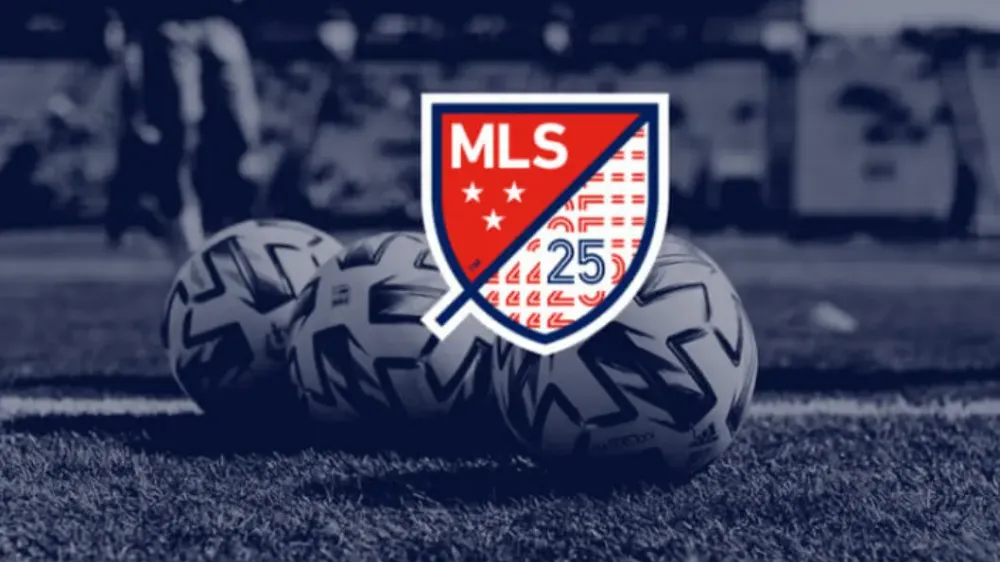
Fans of top-flight European football cannot fathom a world in which promotion and relegation don't exist. Yet, that's the reality for soccer fans in the USA. Teams in the MLS and below can't currently be promoted or relegated based on their on-field performance. So, why does this situation exist, and is it ever likely to change?
The importance of promotion and relegation in European football is highlighted by the English Football League Championship playoff final. The one-off game played at Wembley Stadium each year determines the third team to gain promotion to the Premier League behind the two automatically promoted clubs.
The Championship league has been described as the richest in football with at least £170 million in income on the line for the winners. It's a fiercely competitive battle for victory within this league and there's been a series of defiant underdog performances in recent years.
For instance, Brentford FC were crowned the 2020/21 victors, returning to the top flight after a staggering 74-year absence.
As a result of its truly unpredictable nature, the race for promotion to the Premier League is one of the biggest events in English football each year and also, incidentally, one of the most popular betting markets. As it currently stands in the 2021/22 English Football League Championship betting odds, Sheffield United, Fulham, and West Brom are all at 9/1 to win the playoffs. Meanwhile, Peterborough is 9/5 to be relegated, followed narrowly behind by Huddersfield at 5/2.
It's often the case that the three teams demoted in the previous season are the prime choices to go straight back up again. However, it doesn't always work out that way with so many other teams fighting for the coveted playoff places. Oddsmakers try to forge realistic expectations, but especially this early on in the league, it's essentially all to play for.
In the USA, the MLS began in 1996 with only ten teams and has been in the continuous process of expansion pretty much ever since. The first soccer-specific stadium did not appear until 1999 when the Columbus Crew Stadium was inaugurated. Since then, the league has enjoyed a period of steady growth with 27 teams now involved following the arrival of Austin FC in 2021. New teams are required to apply to join and have to fulfill certain strict criteria to do so.
This system of expansion and stabilization wasn't considered compatible with a promotion and relegation system by the organizers. However, with the league on course to have 30 teams in the next two years, there have been increasingly loud calls for a reassessment of the situation. Those in favor of this change suggest that now the league has established itself and grown in popularity, a promotion/relegation system would make it much more appealing to a wider global audience.
The biggest obstacle is the MLS itself. With expansion teams paying fees of up to $325 million to join, relegation could prove problematic and even cause teams to go bust. To justify this stance, the league owners can easily point to the huge number of teams across Europe that have gone bankrupt and had to start again due to the financial strains brought on by relegation.
The truth is that the MLS was founded in a different era and on different principles to that of the European leagues. The gulf between the first and second tiers in the USA does not make promotion and relegation an economically viable prospect, and after watching the league grow successfully in its current format, the organizers will do whatever they can to protect their interests.